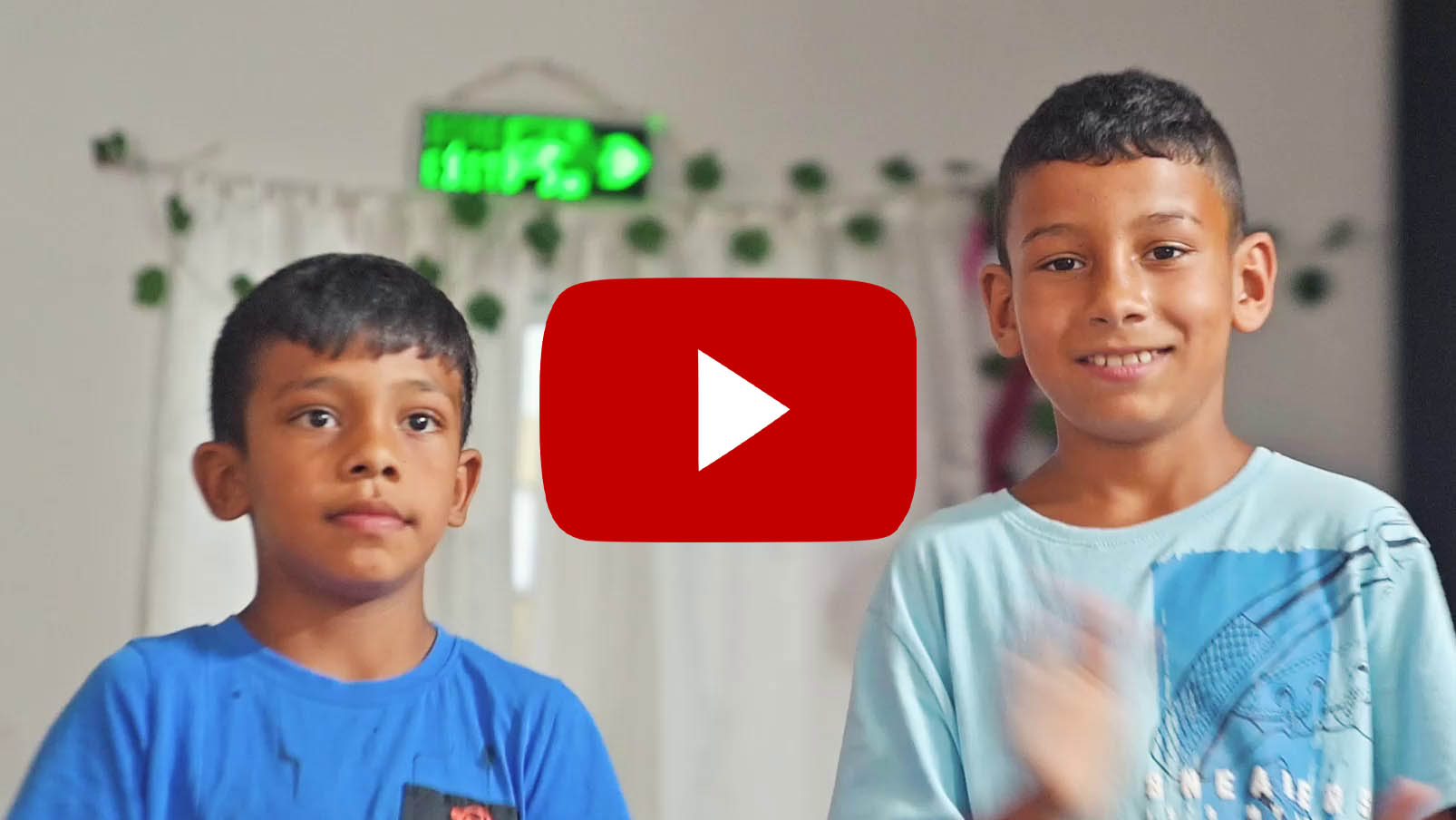World Poverty Day 2023
What needs to change so that children and young people can break the intergenerational cycle of poverty?
People living in extreme poverty often work in the informal sector, unregistered, uninsured, unprotected by labour laws. The most excluded have no choice but to accept unacceptable situations. Despite working long hours, they are not able to earn enough to feed themselves and their families. Often, children and youth earn extra for the survival of their families instead of going to school, which in turn destroys the chance and hope for a better future - a vicious circle. Not only in countries of the Global South, but less than two hours by plane from Vienna - in countries like Romania, Bulgaria, Kosovo, Moldova.
It is a fact that mainly workers with a low level of education work in the informal sector.
Our answer to poverty: education.
We firmly believe that the cycle of poverty in which the families we work with find themselves over entire generations can only be sustainably broken through education. Therefore, education is a cross-cutting theme in all our programmes and on a systemic level. We create bridges of collaboration between the education system and the social service sector, working with teachers, partner organisations and policy makers to ensure that children and young people have a respectful and encouraging environment. We work to ensure that all children are able to attend school every day, receive all necessary learning materials, clothing and a hot meal.
For an expansion of day centres and low-threshold education centres in the fight against extreme poverty.
Romania: Network for day centres - mouthpiece for children affected by poverty
CentreZI RO is a national network of day centres for children, co-founded by CONCORDIA Romania 2021, which now has 143 active members.
The network aims to help break the cycle of extreme poverty and social injustice by implementing preventive measures against educational dropouts of vulnerable children. Nationally, there are 860 day centres for children, of which 74% are located in urban areas and only 26% in rural areas. Rural areas are still inadequately provided with social services for the population that really needs them. In order to increase the efficiency of day care facilities, CentreZI RO was created, contributing to the development of more than 40 underserved communities in rural and urban areas.crimination, marginalisation or exclusion.
The day centres developed by CONCORDIA have so far involved more than 1,500 actors, beneficiaries and social service professionals. More than 600 children, young people and adults have benefited from the programme's interventions.
How day centres work and the role they play
Children and families affected by socio-economic hardship often have no hot meals, no clothes, no school supplies and not even a place to live for children and parents, leading to neglect and dropping out of the family and school.
In Romania, day centres have evolved in recent years into institutions that embody the essence of social action when it comes to supporting vulnerable people. They are centres where prevention is carried out and children are helped in the worst situations of marginalisation or exclusion. They are places where multidisciplinary and integrated work is done, where individualised, needs-based support is offered, all in the most flexible, pragmatic and creative way possible. They have become not only safe and friendly places for children and young people, but also laboratories for innovation and development for very large groups of vulnerable children and families. Therefore, investments in day centres are the safest and most necessary investment in the future of children facing the effects of poverty, dis


